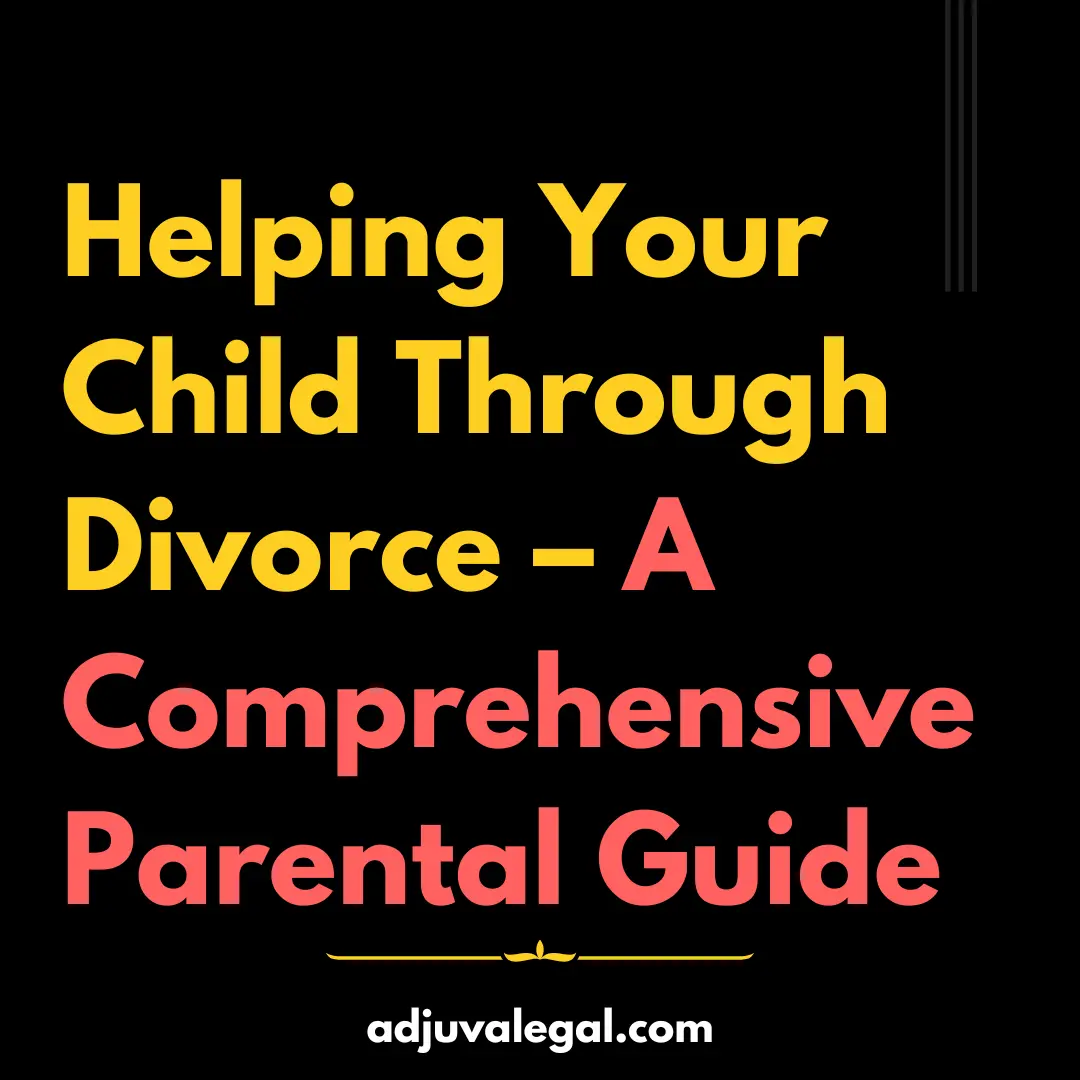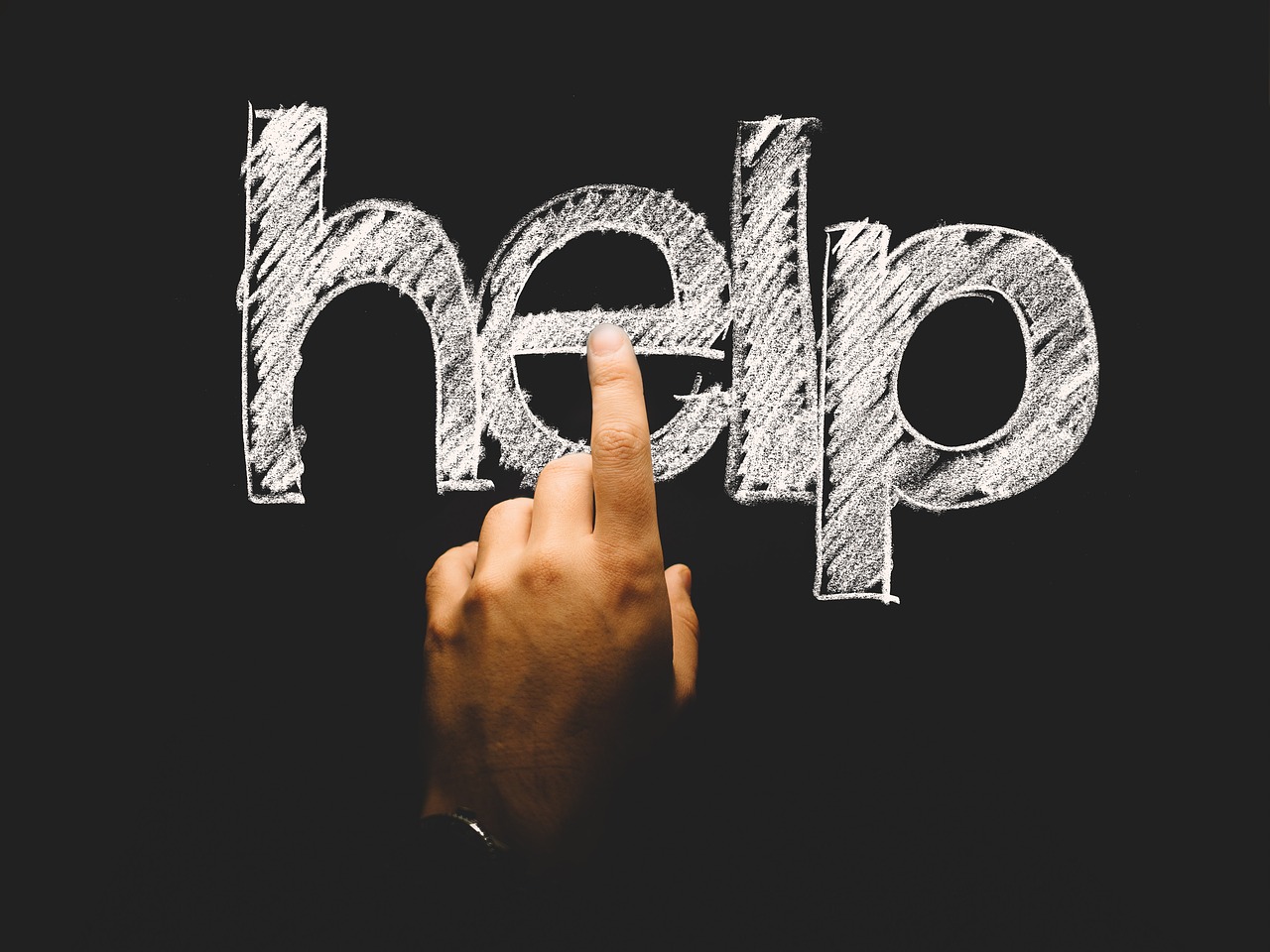The situation in India
In India, over 35% of women have been exposed to domestic violence sooner or later in their lives, per the National Family Health Survey (NFHS) information. However, more than 75% of the individuals who were being exposed to domestic violence didn’t look for help from anybody, let alone law.
For the individuals who do, by trusting in close relatives/friends, the accusations regularly get dismissed as a private or family matter that doesn’t require outside, legitimate intercession – which is a stigma in our society.
This reaction can trap women in injurious circumstances. Different studies have featured the impacts of being in a damaging relationship — women who survive marital partner violence are not just 10% to 25% bound to be emotionally destroyed, but survivors are additionally prone to carry the scars from domestic violence for quite a while, and those scars can make hindrances to framing new connections or starting new married life.
How is the woman always the main victim?
Domestic violence is tragically a reality in Indian culture. In the Indian patriarchal society, it turned into an adequate practice to abuse women. One might put numerous explanations behind the events of domestic violence. From a feminist point of view, one might say that the event of domestic violence against women arises out of the patriarchal set-up, the stereotyping of gender roles, and the distribution of power, in society, real or perceived. Following such philosophy, men are accepted to be stronger than women and all the more powerful and controlling. They control women and their lives and because of this strategic manoeuvre, they may hurt women without any potential repercussions. The job of the lady is to acknowledge her ‘destiny’ and the violence utilized against her weakly.
Women who survive marital partner violence are not just 10% to 25% bound to be emotionally destroyed, but these survivors are additionally prone to carry the scars from domestic violence for quite a while – maybe the whole life.
What acts qualify as domestic violence?
Any act which consists of violence when it harms or endangers the health, safety, life, limb, or wellbeing (mental or physical) of the victim, or tends to try to do so, and includes causing: physical abuse, sexual assault, verbal abuse, emotional abuse, and economic abuse.

Is Husband the only offender?
No, domestic violence can be executed by any individual who is or was in a domestic relationship with the person in question; it is a domestic relationship when two individuals who live or have any time of time lived, together in a mutual family unit, or when they are connected by blood or through a relationship in the idea of marriage or adoption.
Any specific law regarding domestic violence?
The Protection of Women from Domestic Violence Act (or the Domestic Violence Act) is a praiseworthy bit of enactment that was enacted in 2005 to handle this issue. The Act in principle goes far towards the protection of women in the domestic arrangement.
It is the primary significant advance toward vanquishing the faulty open/private differentiation customarily kept up in the law, which has been tested by women’s activists over and over.
When IPC too became helpless..
As a matter of fact, women could prior approach the Courts under the Indian Penal Code (IPC) in instances of domestic violence. Be that as it may, the sorts of domestic violence pondered by this Act, and the casualties perceived by it, make it more extensive in scope than the IPC.
The IPC never utilized the term domestic violence to allude to this shocking practice. As a matter of fact, the same class of offences addressed by the IPC has been dealt with only cruelty to married women.
Every other example of domestic violence inside the family unit must be managed under the offences that the separate acts of violence comprised under the IPC with no respect to the sex of the person in question.
This represented an issue, particularly where the casualties were youngsters or women who were dependant on the aggressor. In fact, even where the casualty was the spouse of the aggressor and could move toward the Courts under S.498A of the IPC, she would apparently need to move out of her marital home to guarantee her security or face further violence as a counter. There was no measure set up to permit her to keep remaining in her wedding home and then speak loudly against the violence executed against her. This, along with numerous different issues looked at by women in the family unit, incited this enactment.
What number of laws are there altogether?
There are a total of three laws that have been set up in India for preventing domestic violence:
- The Protection of Women from Domestic Violence Act, 2005.
- The Dowry Prohibition Act, 1961.
- And Section 498A of the Indian Penal Code.
The Protection of Women from Domestic Violence Act, 2005 is an act that provides much-wanted protection to women in a family, from men in the same family. This law not just ensures women who are hitched to men but additionally secures women who are in live-in relationships or seeing someone, as well as relatives including moms, grandmas, and so on. Under this law, women can look for protection against domestic violence, monetary compensation, the right to live in their household, and they can get maintenance from their abuser/husband in case they are living apart.
The subsequent law is the Dowry Prohibition Act. This is an Indian criminal law that provides the scope of punishment in case of taking and giving of dowry. Under this law, in the event that somebody takes, gives, or even requests dowry, they can be detained for a half year or they can be fined up to Rs 5,000. This law plays a crucial role in the life of women who are newly wedded and being tortured for dowry.
The third law that exists to help women who are confronting violence at home is Section 498A of the Indian Penal Code (Husband or relative of husband of a lady exposing her to cruelty/abuse). This is a criminal law, which applies to spouses or family members of husbands who are barbarous to women. Cruelty refers to any conduct that drives a lady to commit suicide/self-destruction or makes grave injury to her life or wellbeing – including emotional or mental wellness – and furthermore includes harassment in the name of dowry. If sentenced, the convicts can be sent to prison for as long as 3 years under this law.
“If we are to fight discrimination and injustice against women we must start from the home for if a woman cannot be safe in her own house then she cannot be expected to feel safe anywhere.”
― Aysha Taryam








